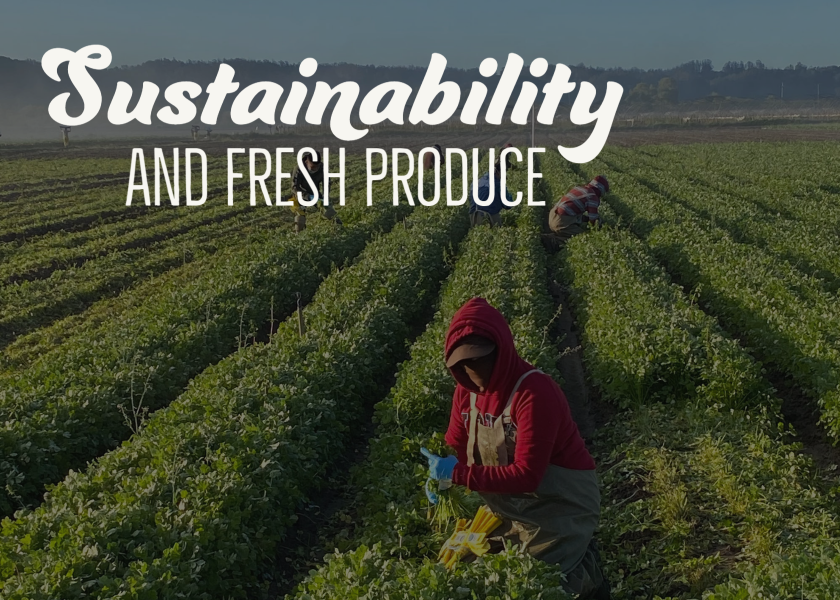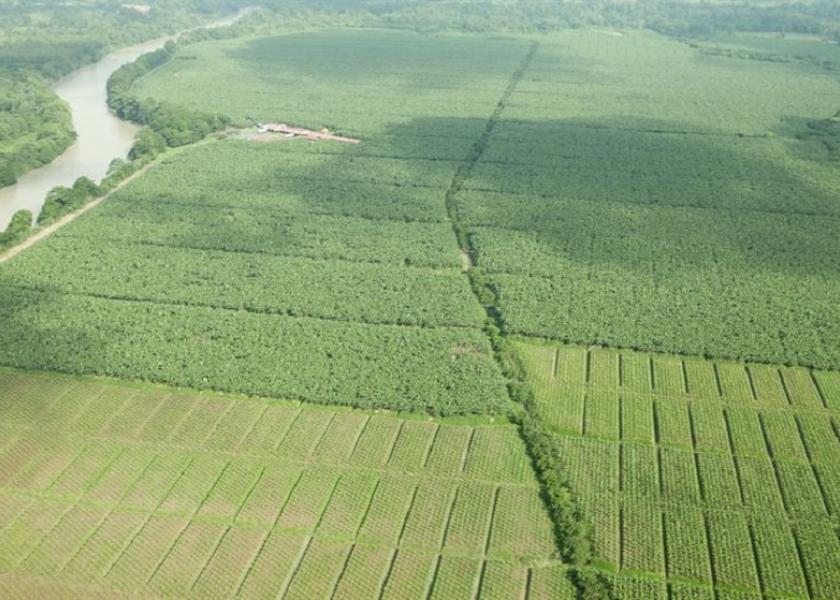Produce operators use an array of third-party certification bodies

Third-party certification bodies play a significant but not universal role in confirming and measuring sustainability measures related to the environment.
In a survey by The Packer deployed in May, the question was asked, “Do you use third-party certification bodies to verify your work on environmental sustainability? If so, what organizations do you use?”
Several responding to the survey said they are considering third-party certification bodies.
Carlos Lopez Flores, president of Chiquita, said the company works with a variety of third-party certification bodies to verify Chiquita’s environmental work.
“Most recently, Chiquita partnered with Science Based Target initiative (SBTi) to accurately measure our progress towards reducing our carbon emissions by 30% by 2030,” he said. “We also have a long-standing relationship with the Rainforest Alliance to ensure that biodiversity is protected on our farms.”

Amada, Ariz.-based Wholesum is organic and Fair Trade certified, said Olga Borquez, sustainability manager.
Steve Roosdahl, vice president of operations for Vancouver, British Columbia-based The Oppenheimer Group, said Oppy has worked with Fair Trade USA, Fair for Life and Rainforest Alliance to certify its growers for environmental and social sustainability. In addition, he said, Oppy has used third-party certification bodies previously to measure its carbon footprint, including Offsetters and ClimateSmart.
“We use SCS Global for verification and will report to both the Global Reporting Initiative and the Sustainability Accounting Standards Board later this year,” said Gary Hilberg, chief sustainability officer for Hamilton, Mont.-based Local Bounti.
California Giant uses TRUE and SCS as third-party certifiers, said Eric Valenzuela, director of food safety and sustainability for the Watsonville, Calif.-based company.
Himanshu Gupta, founder and CEO of ClimateAi, said the company is considering building its own third-party verification system in the future, centered around climate resilience and farmer income resilience.
B Lab, California Green Business and California Air Resources Board are some third-party certifiers used by Veritable Vegetables, said Jennifer Doan, director of marketing for the San Francisco-based company.
“We’re being asked by some buyers to get third-party certified, said Michael Agostini, owner of Miago Produce Industry Services.
“It’s a work in progress. As to the statement about differing opinions, we haven’t found a third party we’re fully comfortable with.
Unfortunately, politics and personal agendas can sway what’s important from one agency to another. We should still be listening to each other to make an over-all certification better. Too many want to dictate to their beliefs to soon in the process.”
Salinas, Calif.-based Taylor Farms uses the U.S. Green Building Council and Green Business Certification Inc. reference certifications and customer sustainability surveys, said Wyatt Maysey, sustainability.
Soli uses the Regional Greenhouse Gas Initiative third-party certifier, said Robert MacArthur, president of the climate remediation consumer reward shopping platform, based in Cambridge, Mass.
Scott Howarth, director of research and development at Sinclair International, Fresno, Calif., said the company uses OWS to conduct lab-based work and Keller and Heckman LLP for food safety and other environmental independent reviews.







